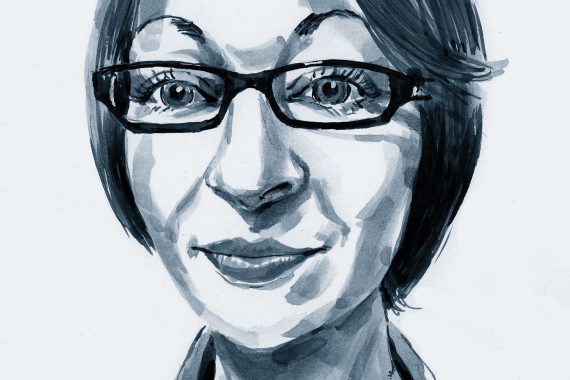When your friends know you’re a doctor, you tend to have more ‘personal’ conversations than you used to.
Sometimes it’s with good friends or family. Sometimes it’s acquaintances or complete strangers who can hardly wait to tell you about their various ailments. Either way, a medical degree seems to be fly paper to those who want to overshare about their strange bump, lump or itchy rash.
Most of the time it’s an awkward conversation while you try not to criticise the advice they’ve had so far (‘Oh my god! Why would their GP tell them that?’).
Or in your head you’re thinking they sound like a real hypochondriac heartsink, but are obliged to listen and nod politely (‘If they mention one more time they’re intolerant to conventional levothyroxine for their subclinical T3 deficiency, I swear…’).
But there is no substitute for real human experience. I remain resolutely intolerant to the ‘not really ill but have had a sore throat for an hour doctor’ individuals of this world. But whenever I have had the misfortune to be a patient, not a doctor, and learn which medication side-effects you really need to tell people about, I have always emerged a bit more sympathetic to the genuinely ill.
So, when you are nodding vigorously and trying to change the conversation, you could be missing out on valuable continuing professional development.
When a friend saw me recently, and started telling me about his waterworks trouble, I did wince. He’d been to his GP with some problems pertaining to his bladder. Like a good doctor, she explained he needed an examination and asked ‘Would he like a chaperone?’ No, he was fine. She explained she’d want to check his prostate, and asked him to pop behind the curtain and assume the position.
Now I know what you’re thinking. You experienced GPs out there. You know what’s coming.
My friend removed his clothes and hopped onto the couch. The next thing he heard was the curtain being pulled back, and the doctor shrieking ‘Oh god!!’ before the curtain was swiftly drawn again.
Panicked, he thought she had glimpsed some hideous growth and shouted: ‘What? What is it?!’ She replied: ‘Please, please, could you lie on your side, not get up on all fours!’
He was mortified that she had got a full view of his generous hairy behind pointed straight at her face. I could imagine how she felt – and thanked my lucky stars that the consultant who taught me always gave the standard patter: ‘Left hand side, facing the wall please’, which I have copied.
This just goes to show that next time you’re ambushed at the school gates or in Tesco by someone you barely know who wants to chat about their dodgy knee, you might glean a learning point.
Communication is key in all patient interactions. And that one is definitely going in my appraisal file.
Dr Zoe Norris is a GP in Hull
Pulse October survey
Take our July 2025 survey to potentially win £1.000 worth of tokens












